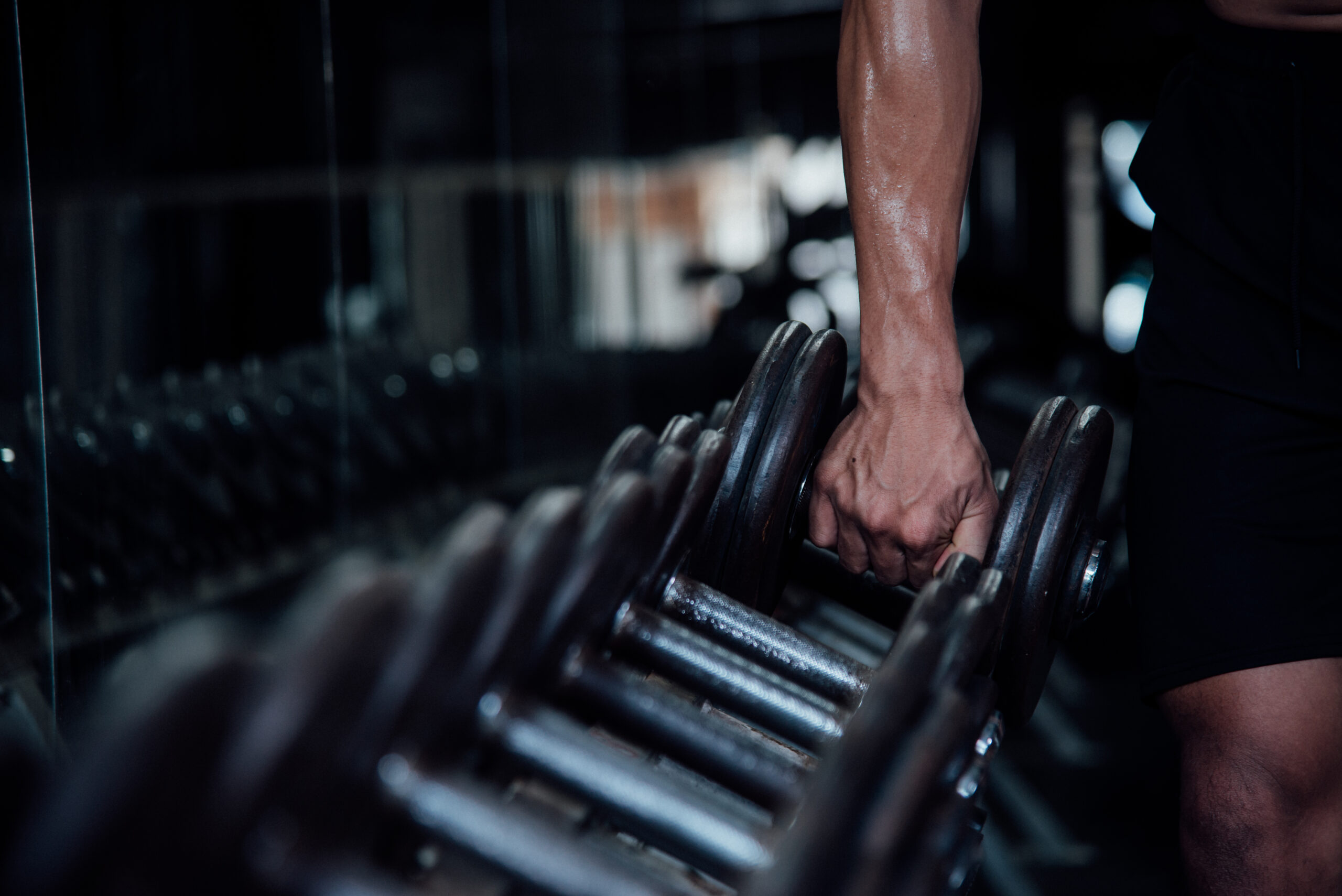What To Eat Before The Gym?

Introduction
What to Eat Before the Gym
Choosing the right foods before hitting the gym can make a significant difference in your performance and overall workout experience. Whether you’re aiming for a high-intensity cardio session or a strength-training workout, your pre-exercise nutrition plays a crucial role.
Importance of Pre-Workout Nutrition
Proper pre-workout nutrition helps fuel your body, enhances your endurance, and can even speed up recovery. This article will delve into the best foods to eat before working out, how to time your meals, and common mistakes to avoid for optimal results.
Why Pre-Workout Nutrition Matters
Benefits for Performance
Eating the right foods before exercise provides your body with the energy and nutrients needed for peak performance. Carbohydrates supply quick energy, proteins aid in muscle repair, and fats support longer-lasting energy.
Effects on Energy Levels
A well-balanced pre-workout meal helps stabilize blood sugar levels, preventing energy crashes and fatigue during exercise. This can lead to better focus and stamina throughout your workout.
Ideal Nutrients for Pre-Workout
Carbohydrates
Carbohydrates are your body’s primary energy source. Consuming complex carbs like whole grains, fruits, and vegetables can provide sustained energy release, which is crucial for both endurance and high-intensity workouts.
Proteins
Protein helps repair and build muscles. Incorporate sources like lean meats, dairy products, and plant-based proteins to support muscle growth and recovery. Aim for a moderate amount in your pre-workout meal to avoid feeling too full.
Fats
Healthy fats, such as those found in avocados, nuts, and seeds, offer long-lasting energy. While they should be included in your diet, it’s best to consume them in moderation before a workout to prevent any digestive discomfort.
Vitamins and Minerals
Essential vitamins and minerals, like B vitamins, magnesium, and potassium, support energy production and muscle function. A varied diet rich in fruits and vegetables can help you meet these needs.
Timing Your Pre-Workout Meal
Optimal Timing
The ideal time to eat before exercising depends on your personal digestion rate and workout intensity. Generally, it’s recommended to eat a balanced meal 2-3 hours before exercising, or a smaller snack 30-60 minutes prior.
Impact of Timing on Performance
Eating too close to your workout may lead to discomfort, while eating too early might leave you feeling hungry. Finding the right timing can optimize your energy levels and enhance workout effectiveness.
Pre-Workout Meal Ideas
Quick and Easy Options
If you’re short on time, consider quick options like a banana with a spoonful of peanut butter, or a small smoothie made with fruit and yogurt. These provide a good balance of carbs and proteins for immediate energy.
Balanced Meal Suggestions
For a more substantial pre-workout meal, opt for a mix of lean protein, complex carbs, and healthy fats. Examples include grilled chicken with quinoa and vegetables, or a turkey sandwich on whole-grain bread.
High-Energy Snacks
Energy bars, Greek yogurt with berries, and whole-grain crackers with hummus are excellent choices for a pre-workout snack. These options are convenient and provide the necessary nutrients without feeling too heavy.
Common Mistakes to Avoid
Eating Too Much or Too Little
Overeating can lead to discomfort and sluggishness, while eating too little might leave you feeling weak. Aim for a balanced meal or snack that suits your body’s needs and workout demands.
Consuming Hard-to-Digest Foods
Foods that are high in fat or fiber might be difficult to digest before a workout. Avoid heavy or greasy foods that can cause gastrointestinal issues during exercise.
Ignoring Individual Needs
Everyone’s body responds differently to pre-workout nutrition. Pay attention to how your body reacts to various foods and adjust your intake based on your personal experience and workout requirements.
Expert Insights
Nutritionist Quotes
“Pre-workout nutrition is key to maximizing your performance and recovery,” says Dr. Jane Smith, a registered dietitian. “Tailoring your intake to your workout type and personal needs can make a significant difference.”
Case Studies and Research Findings
Research highlights the importance of carbohydrates and proteins in pre-workout meals. Studies have shown that athletes who consume a balanced pre-workout meal perform better and recover faster compared to those who don’t.
Future Trends in Pre-Workout Nutrition
Emerging Trends
The future of pre-workout nutrition is evolving with new research and products. Trends include personalized nutrition plans based on genetic testing and the development of new supplements that enhance performance.
Innovative Products
Watch for advancements in pre-workout supplements that focus on natural ingredients and improved efficacy. Innovations in this space aim to provide more effective and healthier options for enhancing workout performance.
Conclusion
Recap of Key Points
Choosing the right foods and timing your pre-workout meal can significantly impact your workout performance and recovery. Focus on balanced meals with the right mix of carbohydrates, proteins, and fats to fuel your exercise.
Final Tips for Effective Pre-Workout Nutrition
Experiment with different foods and timings to find what works best for your body. Stay informed about new research and trends to optimize your pre-workout nutrition and achieve your fitness goals.
We hope you enjoyed this blog and found it helpful in guiding your protein supplement choice.
